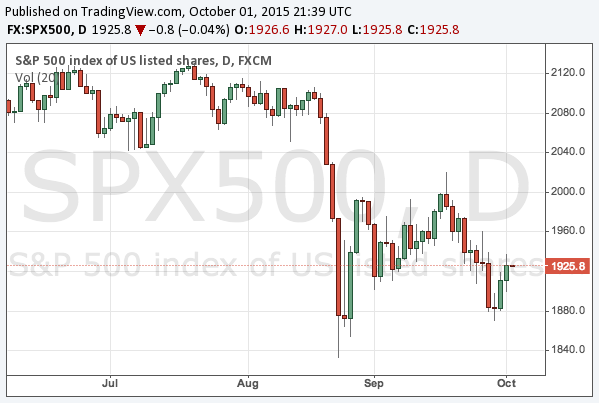The Japanese government is planning the IPOs of Japan Post Holdings, Japan Post Bank and Japan Post Insurance. The total size of these IPOs is expected to be over $11 billions and will be one of the biggest IPOs in Japan’s history. The date of the IPO is the 4th of November.
Japan Post Holdings is a holding company that contains three other companies: Japan Post, Japan Post Bank and Japan Post Insurance. As it is legally determined that Japan Post Holdings must own 100% of the shares of Japan Post, the company engaged in the postal service, this time the government is selling the shares of the other three companies, including the holding company.
As the stock prices are already determined, this article aims to examine the valuations of the three firms.
Continue reading Japan Post IPO: Financials, valuation and prospectus
